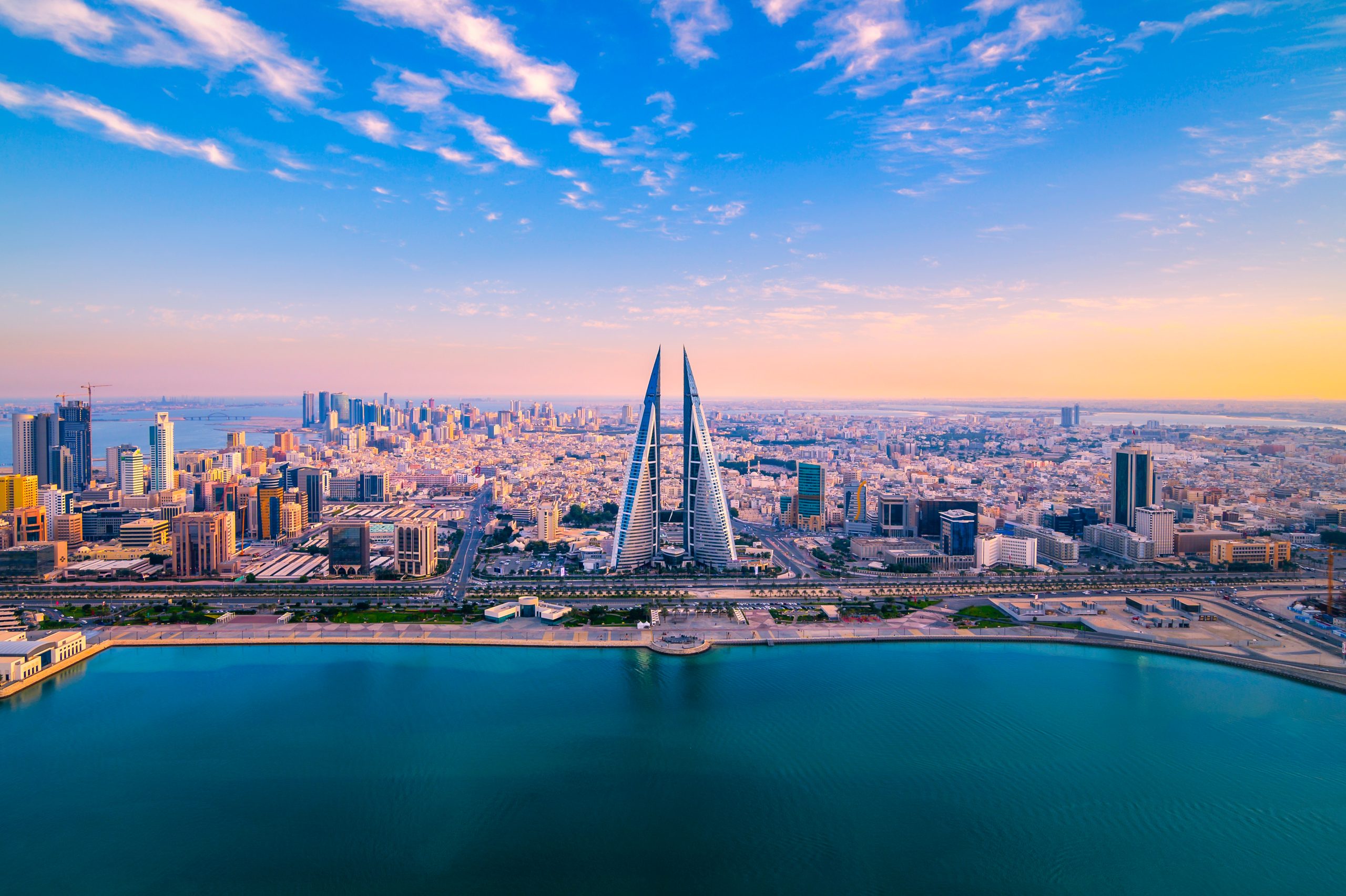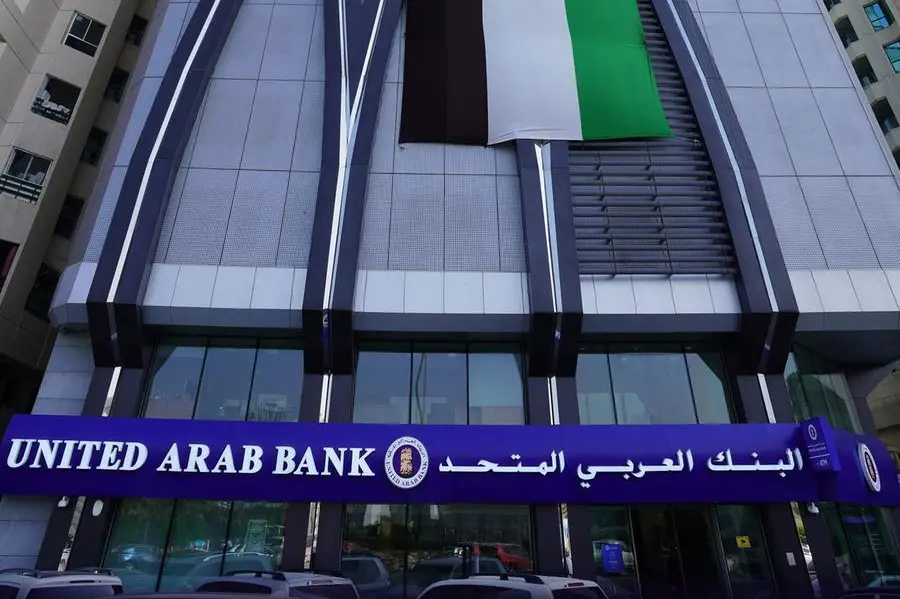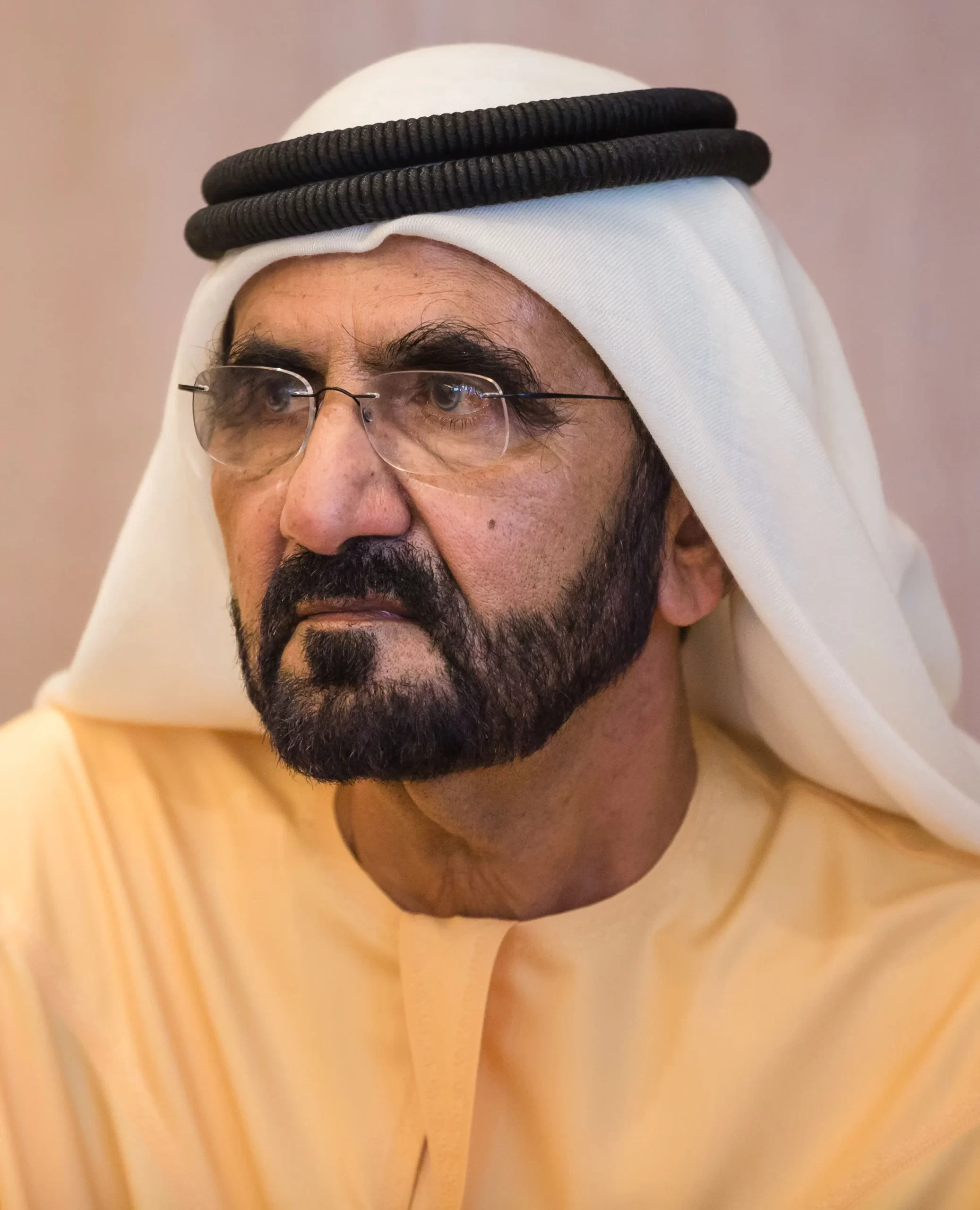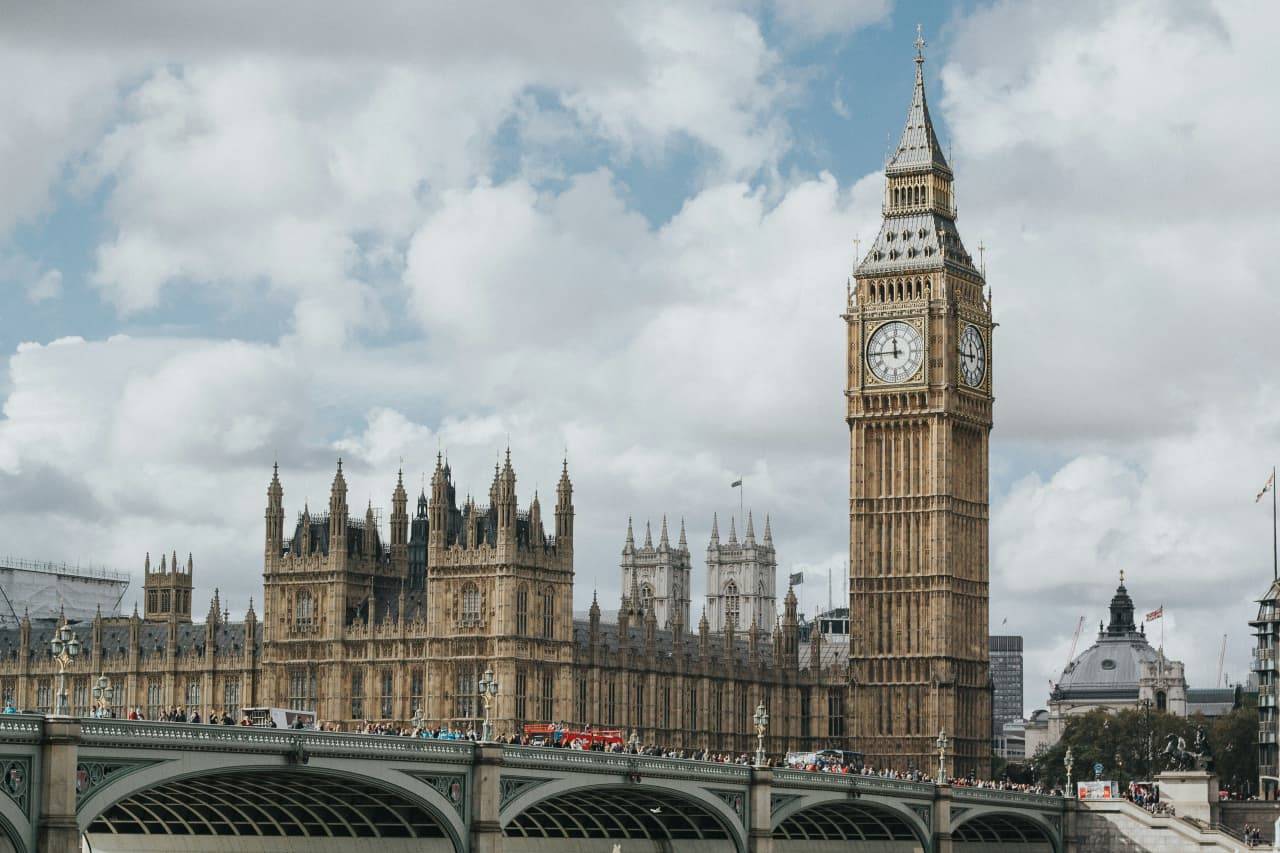Major Influences on the Middle East’s Capital Markets in 2024
As inflation challenges global economies and the threat of recession appears over many key markets, the Middle East stands out as a sign of stability and growth. The region is distinguishing itself as a center for stability, innovation, and capital market opportunities.
The entrepreneurial landscape in the Middle East is thriving, with its economies catching the eye of both local and international private investors, thanks to a blend of dynamic factors. The youthful, tech-forward population, encouraging government policies towards private investment and startups, and an increasing interest in risk-managed returns are driving a notable transformation. This shift is drawing fresh investment, spotlighting the region’s capacity for growth and innovation.
The environment in the Middle East is particularly beneficial to investments in alternative assets. Amid global economic pressures, the Middle East exudes a sense of stability, innovation, and potential, especially in the Arabian Gulf, led by the UAE and Saudi Arabia, which is drawing significant international investment.
The Gulf possesses some of the largest capital reserves worldwide, attracting alternative asset managers. A notable shift towards private markets is observed, especially among the younger generation in large family offices, who exhibit a strong preference for diversified and alternative investments. This shift expands the investor base significantly.
Regulatory reforms across Gulf nations are enhancing the attractiveness of these markets by improving accessibility and transparency, thereby boosting international investor interest and confidence. These countries are aligning their regulations with global standards to facilitate better integration and familiarity, complemented by tax policies favorable to foreign investment.
The Arabian Gulf is emerging as a vibrant hub for tech startups, propelled by governments’ commitments to economic diversification and digital infrastructure investments. This proactive stance, alongside a supportive regulatory environment for venture capital and a rich talent pool, is attracting venture capitalists and angel investors, making it a hotbed for tech innovation and startup growth. The region’s youthful population is eager for technological advancements and innovative solutions, offering a rich landscape for entrepreneurial and investment endeavors.
Institutional investors are increasingly drawn to the Gulf, attracted by its robust economic indicators, evolving capital markets, supportive policies, and strategic location. The Gulf’s geographical positioning as a nexus between Europe, Asia, and Africa opens access to diverse and expanding markets, making it a strategic hub for global trade. This unique global connectivity and potential for future growth mark the Gulf as a compelling focus for smart institutional investors.
As these forces come together, the Middle East, particularly the Arabian Gulf, is becoming an increasingly appealing destination for alternative investments, marked by a unique blend of stability, growth potential, and strategic global positioning.
Chris Dixon, a partner who led the charge, says he has a ‘very long-term horizon’
Americans now think they need at least $1.25 million for retirement, a 20% increase from a year ago, according to a survey by Northwestern Mutual
Saudi Arabia ranked first among countries for the non-oil exports of national origin with BD201 million (22%)
Bahrain’s non-oil exports of national origin decreased by 6% to BD894 million ($2.37 billion) in Q2 2024 compared to the same period in 2023. The top 10 countries accounted for 64% of the total export value.
According to the Information & eGovernment Authority (iGA) in its Q2 2024 Foreign Trade report, Saudi Arabia was the leading destination for these exports, totaling BD201 million (22%). The US followed with BD75 million (8.4%), and the UAE with BD73 million (8.2%).
Unwrought aluminum alloys were the top exported product in Q2 2024, amounting to BD267 million (30%), followed by agglomerated iron ores and concentrates alloyed at BD159 million (18%) and non-alloyed aluminum wire at BD49 million (5%).
Non-oil re-exports
Non-oil re-exports increased by 4% to reach BD206 million during Q2 2024, compared to BD198 million for same quarter in 2023. The top 10 countries accounted for 86% of the re-exported value. The UAE ranked first with BD58 million (28%) followed by Saudi Arabia with BD39 million (19%) and UK with BD17 million (8%).
As per the report, turbo-jets worth BD65 million (32%) were the top product re-exported from Bahrain, followed by private cars with BD11 million (5%) and four-wheel drive with BD9 million (4%).
The value of non-oil imports has decreased by 4% reaching to BD1.41 billion in Q2 2024 in comparison with BD1.47 billion for same quarter in 2023. The top 10 countries for imports recorded 68% of the total value of imports.

China Bahrain’s biggest importer
China ranked first for imports to Bahrain, with a total of BD191 million (14%), followed by Brazil with BD157 million (11%) and Australia with BD112 million (8%).
Non-agglomerated iron ores and concentrates were the top product imported to Bahrain worth BD200 million (14%), followed by other aluminum oxide with BD101 million (7%) and parts for aircraft engines with BD41 million (3%).
As for the trade balance, which represents the difference between exports and imports, the deficit logged was BD310 million in Q2 2024 compared to BD322 million in Q2 2023.
Chris Dixon, a partner who led the charge, says he has a ‘very long-term horizon’
Americans now think they need at least $1.25 million for retirement, a 20% increase from a year ago, according to a survey by Northwestern Mutual

















